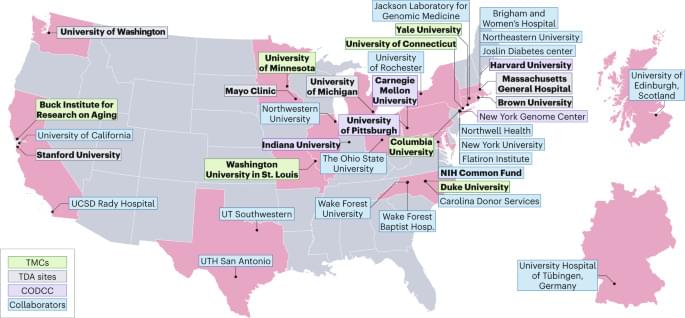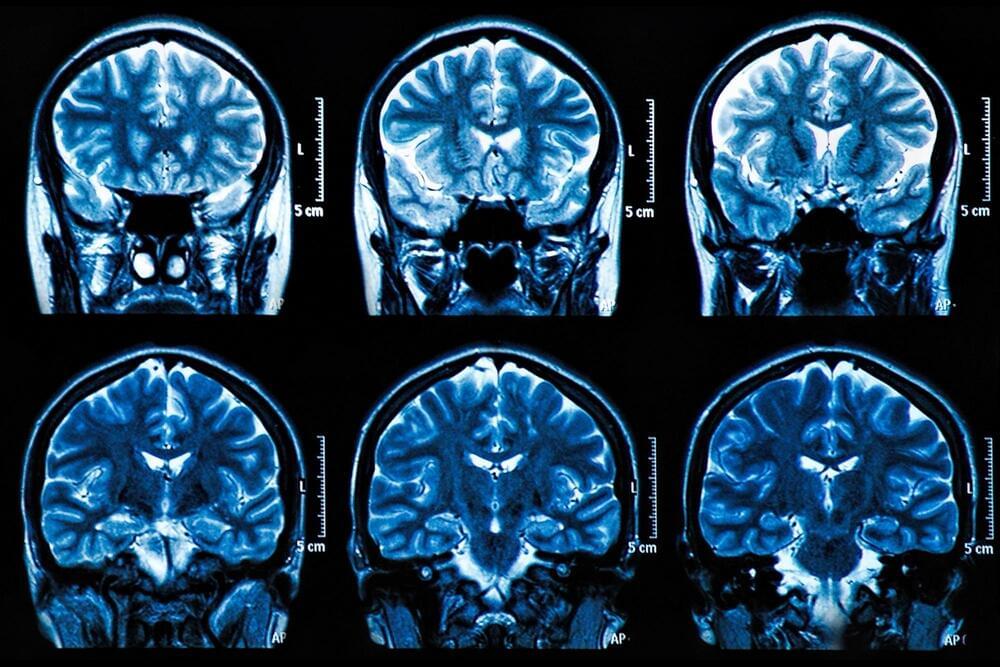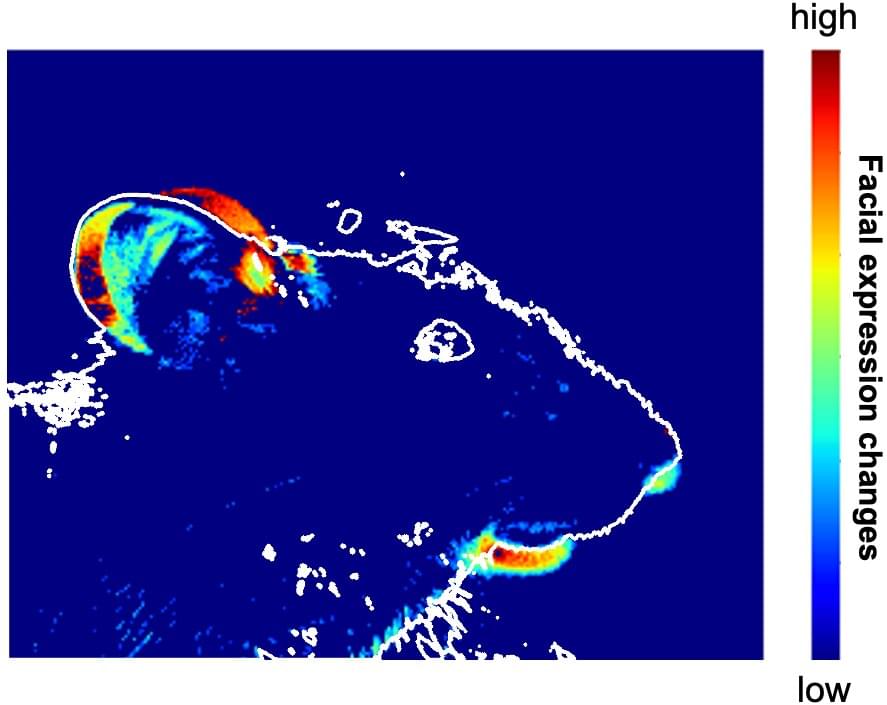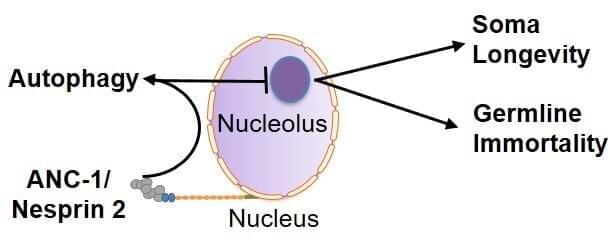NOTE FROM TED: Please do not look to this talk for mental health advice. This talk represents the speaker’s personal views and interpretation of psychedelics and mental health, which remains an emerging field of study. We’ve flagged this talk because it falls outside the content guidelines TED gives TEDx organizers. TEDx events are independently organized by volunteers. The guidelines we give TEDx organizers are described in more detail here: http://storage.ted.com/tedx/manuals/tedx_content_guidelines.pdf.
Psychedelics as medicine to treat mental health disease has had a recent resurgence of attention and dedicated research, with encouraging results. Could this class of drugs serve as a paradigm shift in the way mindfulness therapy and mental health is approached? Compounds like LSD, DMT, psilocybin, and MDMA are investigated as treatments for states of anxiety, depression, PTSD, and addiction. Listeners are challenged to question their preconceived notions and judgements as it pertains to this group of restricted therapeutics in the psychedelic class. Burton J. Tabaac, MD FAHA
Burton is an associate professor of neurology at the University of Nevada, Reno School of Medicine, dedicated to the cutting-edge treatment and prevention of cerebrovascular diseases. He is a graduate of the fellowship program in vascular neurology at Johns Hopkins University Hospital in Baltimore, MD (2019). After graduating from AUC School of Medicine, where he earned his MD (2014), Tabaac completed a neurology residency at Rutgers Robert Wood Johnson in New Brunswick, NJ. There, he was humbled to have been selected as a three-time recipient of The Arnold P. Gold Foundation’s Humanism and Excellence in Teaching Award (2016, 2017, and 2018). This talk was given at a TEDx event using the TED conference format but independently organized by a local community.




